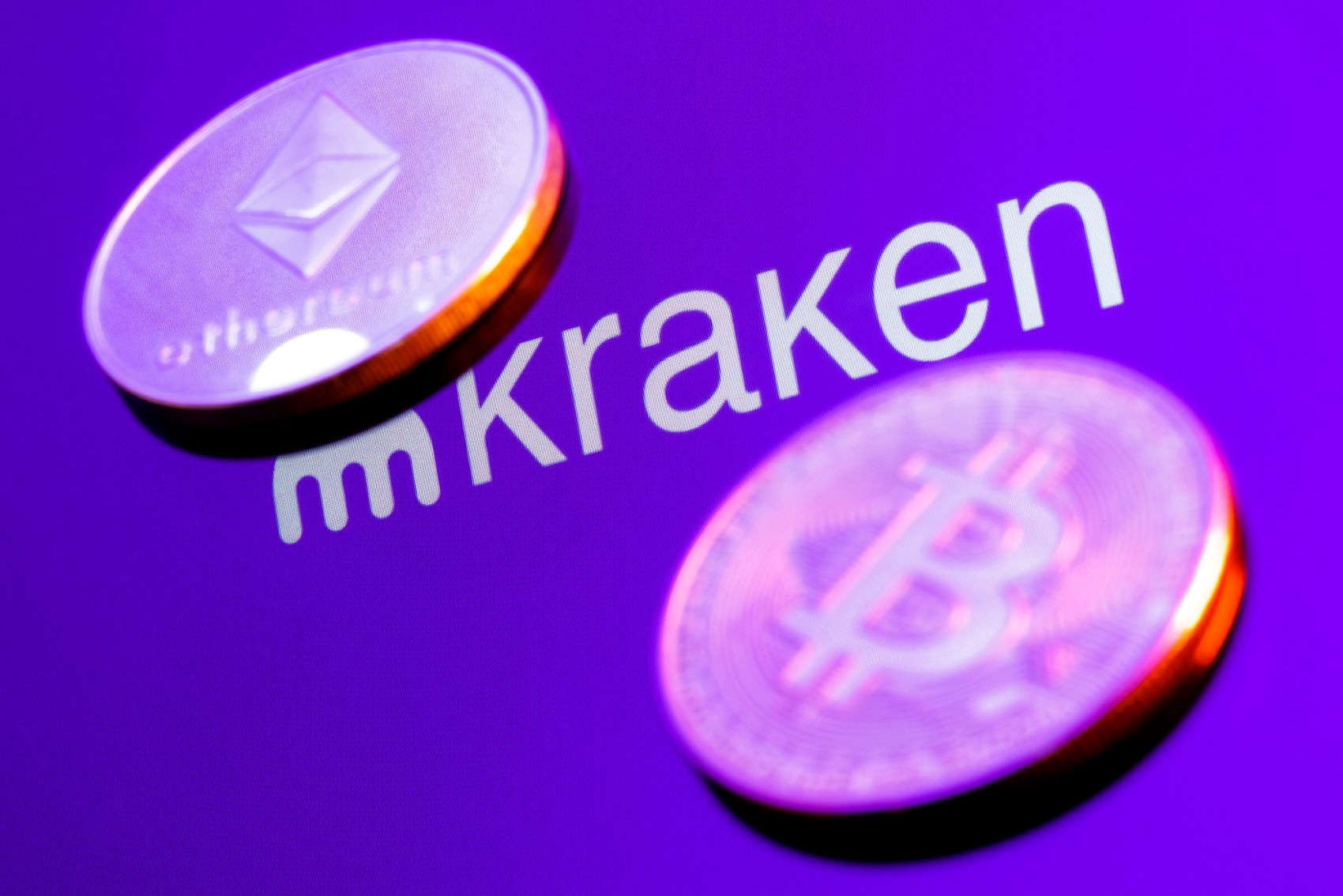With a $505 million penalty settlement, OKX finds itself at the center of a pivotal moment for cryptocurrency regulation. The U.S. DOJ’s actions against the exchange highlight the growing intolerance for non-compliant operations in global markets. OKX’s case serves as both a cautionary tale and a catalyst for other exchanges to reassess their compliance frameworks. As regulatory bodies worldwide increase oversight, this high-profile settlement may mark a turning point in how crypto platforms operate across borders.
Background of the Settlement
On February 24, 2025, the U.S. Department of Justice (DOJ) announced a settlement with Aux Cayes FinTech Co. Ltd., the operator of OKX, one of the world’s largest cryptocurrency exchanges. The agreement follows OKX’s guilty plea to charges of operating an unlicensed money-transmitting business in the United States and failing to implement adequate anti-money laundering (AML) protocols.
Despite implementing a policy in 2017 to restrict U.S. users, OKX continued to serve retail and institutional clients within the country from 2018 to early 2024. Investigations revealed that the exchange processed over $1 trillion in transactions during this period. More than $5 billion in transactions were linked to suspicious activities and criminal proceeds. OKX having facilitated ways for U.S.-based customers to bypass geographic restrictions contributed to the charges.
The settlement requires OKX to pay $505 million, consisting of an $84.4 million fine and the forfeiture of approximately $420.3 million in revenue earned from U.S. clients. Additionally, the exchange must retain an independent compliance consultant until at least February 2027 to ensure adherence to global AML standards.
Global Compliance Ripple Effect
The DOJ’s decisive action against OKX underscores the rising regulatory scrutiny on cryptocurrency exchanges globally. While the settlement directly involves U.S. authorities, its implications extend far beyond American borders. Governments and financial regulators worldwide are intensifying efforts to tighten oversight of digital asset markets. They recognize that non-compliant platforms pose significant risks to global financial stability and anti-money laundering efforts.
For international exchanges operating in multiple jurisdictions, the OKX case sends a clear message: compliance with local regulations is non-negotiable. Industry experts suggest that other global platforms may now prioritize reinforcing their AML protocols and cross-border compliance mechanisms to avoid facing similar legal consequences.
OKX’s Compliance Overhaul and Market Reaction
In response to the settlement, OKX acknowledged its historical compliance shortcomings and outlined steps to rectify these issues. The exchange emphasized that the affected U.S.-based users represented a small fraction of its global user base. They also confirmed that those accounts have since been deactivated. OKX’s leadership stated their commitment to collaborating with regulators and enhancing their compliance infrastructure, highlighting the appointment of an independent consultant to oversee improvements.
Despite the significant financial penalty, market analysts note that OKX’s swift acknowledgment of the charges and proactive steps toward compliance may mitigate long-term reputational damage. The exchange’s commitment to achieving “regulatory gold standards” could bolster investor confidence and serve as a model for industry best practices.
Implications for the Broader Crypto Industry
The OKX settlement marks one of the largest enforcement actions against a cryptocurrency exchange, reflecting broader global regulatory trends. Recent years have seen heightened vigilance from agencies like the Financial Action Task Force (FATF), European Securities and Markets Authority (ESMA), and the U.K. Financial Conduct Authority (FCA), all of which are ramping up AML and know-your-customer (KYC) requirements.
This case sets a precedent for how global regulators may collaborate to curb illicit financial activities facilitated through crypto platforms. For exchanges operating in gray regulatory areas, the settlement is a stark warning to prioritize compliance. Otherwise, they risk severe financial and reputational consequences.
Industry observers predict that the OKX case may accelerate discussions around creating uniform global standards for cryptocurrency regulation, reducing jurisdictional arbitrage that allows companies to exploit regulatory gaps.
Looking Ahead: A Turning Point for Global Crypto Compliance
OKX’s $505 million settlement represents more than just a punitive measure; it signals a potential paradigm shift in how global cryptocurrency markets operate. For regulators, it reinforces the urgency of comprehensive oversight frameworks. For crypto platforms, it underscores the need for transparent, compliant operations prioritizing user protection and global financial integrity.
>>> Read more: SEC closing Robinhood investigation Boosts $HOOD Stock
As the digital asset industry matures, the OKX case will likely be remembered as a pivotal moment that prompted many market participants to reassess their compliance strategies and regulatory engagement. Whether this will usher in an era of greater trust and stability in the crypto space remains to be seen. However, the era of regulatory leniency is clearly over.
Readers’ frequently asked questions
Why was OKX fined so much, and how does this affect everyday crypto users?
OKX was fined $505 million because it operated in the U.S. without the necessary licenses and allowed U.S. users to access its platform despite restrictions. The penalty reflects the seriousness of regulatory violations, particularly when they involve anti-money laundering (AML) failures. For everyday crypto users, this case highlights the importance of using regulated exchanges that comply with local laws. Using platforms that lack proper licensing can expose users to risks like frozen accounts or legal complications. This settlement may also prompt other exchanges to tighten their compliance measures, potentially leading to stricter account verification processes for users.
How can I check if an exchange is registered to operate in my country?
To check if a cryptocurrency exchange is legally operating in your country, you can visit the website of your local financial regulator. For example, in the U.S., you can use the Financial Crimes Enforcement Network (FinCEN) website to verify if an exchange is registered as a Money Services Business (MSB). You can check with national financial authorities or the European Securities and Markets Authority (ESMA) in the European Union. Many regulators provide public search tools where you can look up the exchange by name. Checking these sources ensures that you’re using a compliant and authorized platform.
If I used OKX during the violation period, do I need to take any action?
As part of the settlement agreement, OKX deactivated accounts of U.S.-based users during the period under investigation (2018 to early 2024). If your account was deactivated and you still have funds locked in the account, contact OKX customer support directly to understand the process for recovering assets. Additionally, if you’re concerned about any legal implications, it may be helpful to consult a legal professional familiar with financial regulations in your jurisdiction. For future use, migrate to regulated platforms that comply with local laws to avoid potential disruptions.
What Is In It For You? Action Items You Might Want to Consider
Reevaluate Your Exchange Choices
If you’re trading on platforms that operate in regulatory gray areas, now is the time to reassess. The OKX settlement is a clear sign that authorities are cracking down on non-compliant exchanges. Stick with platforms fully licensed in your jurisdiction – it’s not just about avoiding account freezes or sudden restrictions; it’s about safeguarding your assets.
Prioritize Compliance Over Convenience
Sure, some exchanges make it easy to skip lengthy verification processes, but ask yourself – is saving a few minutes worth the risk? Regulators worldwide are tightening their grip. Using platforms that comply with AML and KYC standards could save you from future headaches. Don’t wait for a compliance crackdown to lock you out of your funds.
Stay Ahead of Regulatory Shifts
This settlement is more than just news – it’s a glimpse into the future of global crypto markets. Keep an eye on regulatory trends, as they’re likely to impact liquidity, fees, and available services across exchanges. Traders who stay informed can adjust strategies early, while those who don’t risk being caught off guard. Knowledge isn’t just power – it’s profit.











[…] >>> Read more: OKX Settlement and Its Impact on Crypto Compliance […]